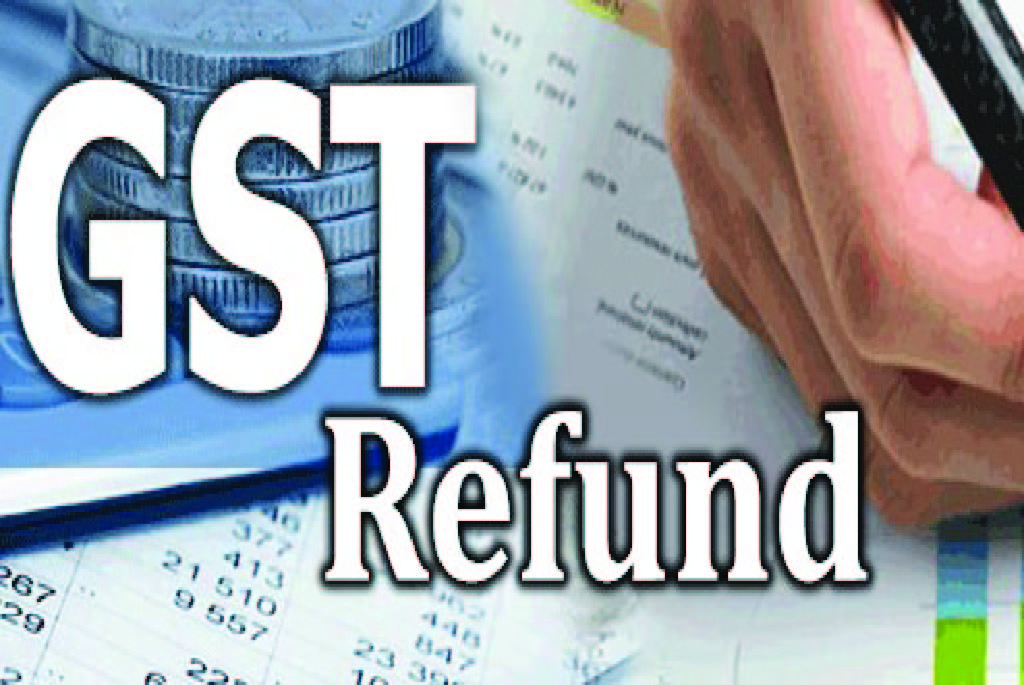GST Refunds
- Home
- GST Refunds
GST Refunds
Goods and Services Tax (GST) refunds are an important aspect of the GST system, designed to ensure that businesses are not burdened with excessive tax liabilities. GST refunds are typically granted under specific circumstances, and they play a crucial role in promoting compliance, reducing tax evasion, and fostering a favorable business environment. Here are some key topics related to GST refunds
- Eligibility Criteria:
To claim a GST refund, a taxpayer must meet certain eligibility criteria. These criteria may include exporting goods or services, making zero-rated supplies, incurring excess input tax credits, or being a specialized agency like embassies and UN bodies.

- Exports and Refunds:
One of the most common reasons for GST refunds is exports. Businesses engaged in exporting goods or services are often eligible for a refund of the GST paid on inputs and services used in the production of those exported goods or services. - Zero-Rated Supplies:
Some supplies are designated as “zero-rated” under GST, meaning they are subject to a 0% tax rate. Taxpayers making zero-rated supplies can also claim refunds on the GST paid on inputs and services related to these supplies. - Accumulation of Input Tax Credits:
In cases where a business’s input tax credits (GST paid on purchases and expenses) exceed their output tax liability (GST collected from sales), they may be eligible for a refund of the excess input tax credits. - Time Limits:
GST authorities typically impose time limits within which taxpayers must apply for refunds. Failing to adhere to these time limits may result in the forfeiture of the refund. Documentation and Records:
Maintaining accurate records and supporting documentation is crucial when applying for GST refunds. Proper documentation helps in substantiating refund claims and reduces the likelihood of disputes or delays.- Refund Processing:
Once a refund application is filed, the tax authorities review the claim. This involves verifying the taxpayer’s eligibility and the accuracy of the claim. Refund processing times can vary by jurisdiction. - Refund Rejections and Appeals:
If a refund claim is rejected, taxpayers often have the right to appeal the decision. The appeals process typically involves providing additional documentation or evidence to support the claim. - Electronic Refund Mechanism:
Many countries have implemented electronic refund mechanisms to streamline the process and reduce paperwork. These systems aim to expedite the refund process and improve transparency. - Refunds for Inverted Duty Structure:
In cases where the GST rate on inputs is higher than the GST rate on the final product, businesses may face an inverted duty structure. In such cases, they can claim refunds to avoid working capital blockages. - Export Promotion Schemes:
Some countries offer export promotion schemes like the GST Export Incentive (commonly known as the GST Refund) to encourage and support exporters. - GST Refund Fraud and Compliance:
Tax authorities also focus on preventing refund fraud and ensuring compliance. Stringent measures may be in place to audit refund claims and deter fraudulent activities.

